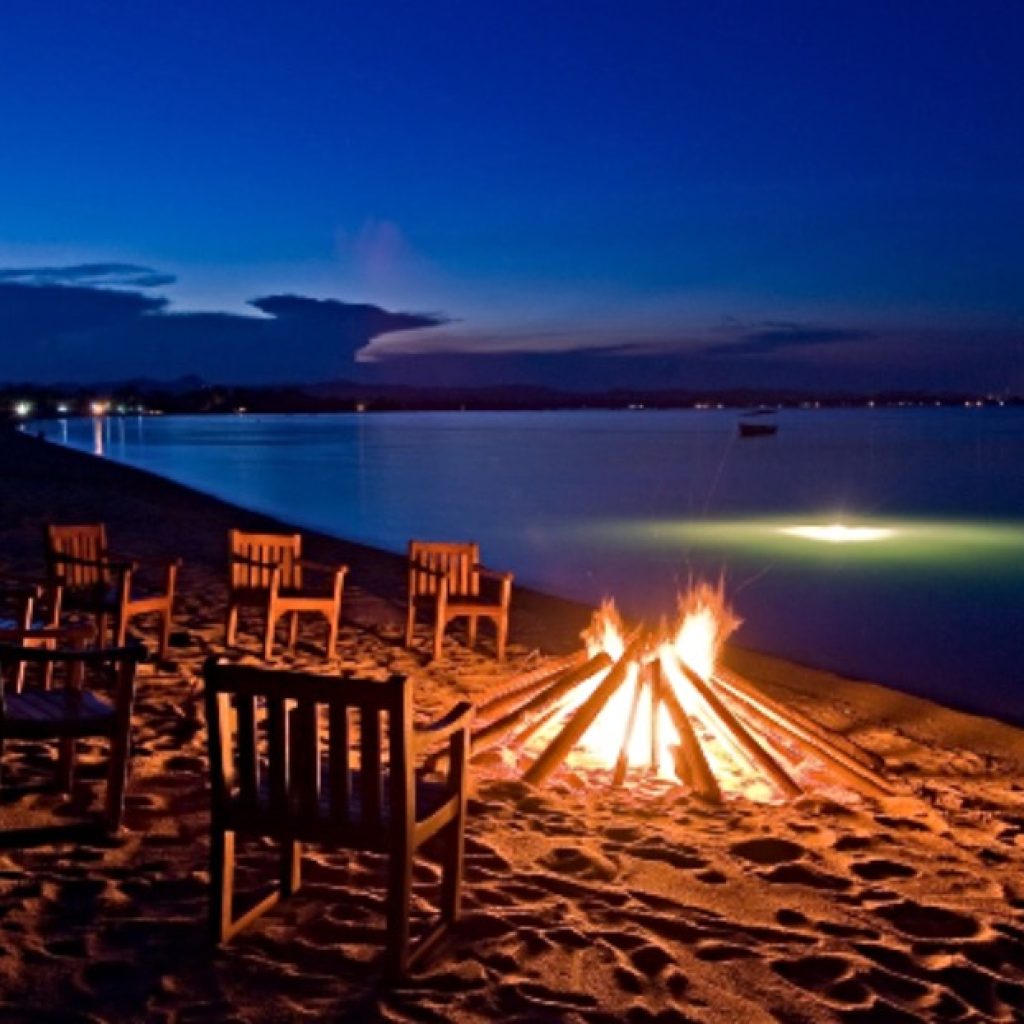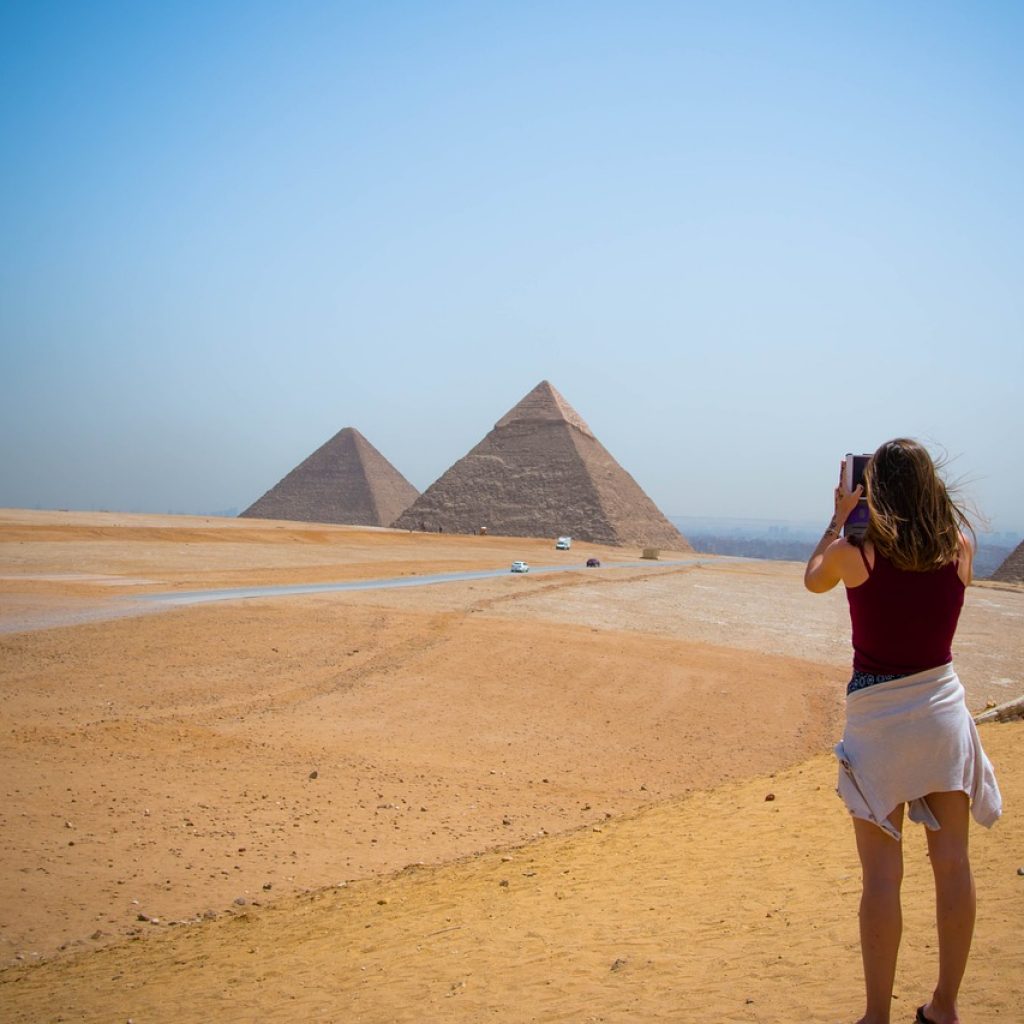
What’s In A Name…
David Livingstone was the first European to map Lake Malawi. He named it Lake Nyasa, probably unintentionally as Nyasa actually means ‘lake’ in the local Yao language, so he’d effectively christened it ‘Lake Lake’. Livingstone also referred to the lake as the Lake of Stars, inspired by the fishermen’s lanterns bobbing on its waters, a nighttime activity that continues today. At Independence, in 1964, both the lake and the country took on the name Malawi, coming from the local Chichewa word meaning ‘flames’, probably referring to sunrise over the lake.

Africa’s Grand Aquarium
Globally renowned for its biodiversity and home to around 1,000 species of fish, more than any other lake in the world, Lake Malawi is a haven for underwater enthusiasts and offers some of the most unique and diverse freshwater diving experiences in the world. Cichlids are the star of Lake Malawi, with around 850 different species of these colourful and curious fish found in the lake’s clear waters, many of these are endemic to the lake and are only found here.

What To Do
It’s not surprising that activities around the lake tend to be water-based. The lake offers wonderful diving and snorkelling opportunities, and the warm, clear waters make swimming a pleasure. Other options include sailing, kayaking, fishing, boat trips, paddle boarding and waterskiing, spending time on the beach, or simply relaxing upon the deck of a catamaran as it sails the emerald waters.

1. Diving and Snorkelling
The diving in Lake Malawi is suitable for both experienced and beginner divers, with a variety of dive sites available, some of the most popular places being at Nkhata Bay, Cape Maclear and Likoma Island. The visibility in the lake is usually good, and the water temperatures are warm. As well as casual dives, also on offer are a range of PADI courses, half-day Discover Scuba experiences, four-day Open Water courses, and for those already qualified, refresher and advanced level courses and a range of speciality dives.

2. Go Sailing
Lake Malawi is an excellent palace for sailing. There are no dangerous currents or swells to worry about. The water is calm, the wind is gentle, and the weather is pleasant year around. Many lodges, particularly around Cape Maclear, offer sailing tours or yacht rentals.

3. Eat Some Fish
Try the local fish. Low-cost barbecue fish restaurants can be found all around the lake and local fish is a speciality at most of the lakeshore hotel and lodge restaurants.

4. Have Some Drinks at a Beach Bar
Chill out and watch the sunset over a couple of cold cocktails, beers or some local Malawi gin.

5. Go Fishing
The lake has some excellent fishing and most lodges will offer some fishing experiences, or you can rent gear near the lake and try your luck. For the best chance of catching anything consider hiring a local guide to show you the best fishing spots. Some lodges even offer fishing experiences with local fishermen.
Where To Stay
Accommodation in Lake Malawi ranges from backpackers and budget, to beachside resorts and private island getaways, there’s something for all tastes and budgets. For an online directory of the best Lakeshore lodges and hotels, click here and see below for a few selected highlights:
On the southern shore of Lake Malawi is Cape Maclear, possibly the best-known holiday destination on the lake. Most of the places of interest around Cape Maclear, including its offshore islands, form part of the Lake Malawi National Park. Pumulani Lodge is situated on the Nankumba Peninsula and its rooms are built on the side of a hill, giving you spectacular views of the lake. Mumbo Island, a 30-minute boat transfer from Cape Maclear (or for the adventurous traveller, a 2-hour paddle by canoe) is a tiny laidback island where sandy trails meander through dappled forests and secret beaches lie hidden between granite boulders.

Likoma Island, about halfway up Lake Malawi, lies close to the Mozambican shore. Unlike Mumbo, Likoma is inhabited and has a small town famous for its magnificent cathedral. Perfectly positioned on a rocky outcrop between two beautiful beaches, Kaya Mawa has 12 stone-and-thatch chalets that lead straight to the clear waters of the lake.

On Nankoma Island, an unspoiled paradise within the Lake Malawi National Park in the southern part of the lake is Blue Zebra Island Lodge, an idyllic island lodge with secluded chalets and safari tents – the perfect combination of adventure and relaxation.

South of Cape Maclear, the palm-fringed Mangochi lakeshore is easily accessible from both Lilongwe and Blantyre. Mangochi has the greatest concentration of hotels and lodges on the lake, yet the beaches never feel crowded and each hotel has a private stretch of sand. One of the top places to stay here is The Makokola Retreat with lovely rooms in a beautiful garden setting, an enormous swimming pool, a spa and an adjacent 9-hole golf course.
Nkhata Bay, a small sheltered harbour about halfway up the lake, is a focus for the Lake’s fishing industry, but is also popular as a tourist centre. Butterfly Space is a socially responsible eco-lodge, focusing on giving back to the community. Suitable for families and backpackers wanting to kick back and relax, or gap year interns looking to volunteer in Malawi.
Lake of Stars Festival
The Lake of Stars Festival is an annual three-day international festival held on the shores of Lake Malawi. Running since 2004 the festival attracts over 4,000 attendees, with an extravaganza of international, regional and local music, drama, dance, and poetry. (There will be no LOS festival in 2023 it’s been postponed to 2024).

Travel Inspiration
Malawi based Crafted Africa have been planning and coordinating tours to Malawi & Southern Africa for over 10 years and offer a fantastic 11 day Lake of Stars Explorer itinerary that includes The Makokola Retreat, Mumbo Island, Pumulani Lodge and Blue Zebra Lodge or an 8 day Lake Malawi Holiday exploring the lovely Pure Likoma and the luxurious Kaya Mawa both on Likoma Island.
Lake Malawi is more than just a lake, it’s a vibrant ecosystem, a hub of local culture, and an essential part of the region’s rich heritage. Whether you’re a birder, an angler, a scuba diver, a hiker, a nature lover, or just want to relax, Lake Malawi will enthral you with its mesmerizing beauty. This is one of Africa’s best-kept travel secrets.







About The Author: David DiGregorio
More posts by David DiGregorio